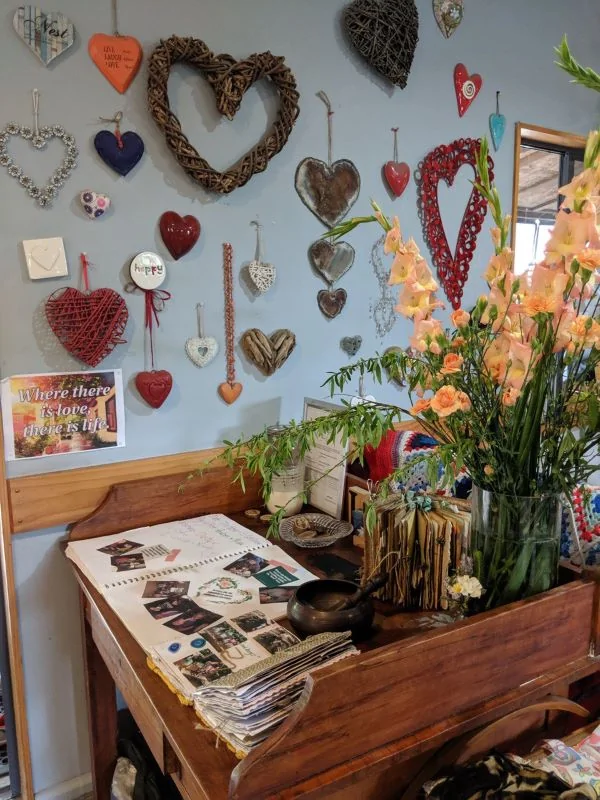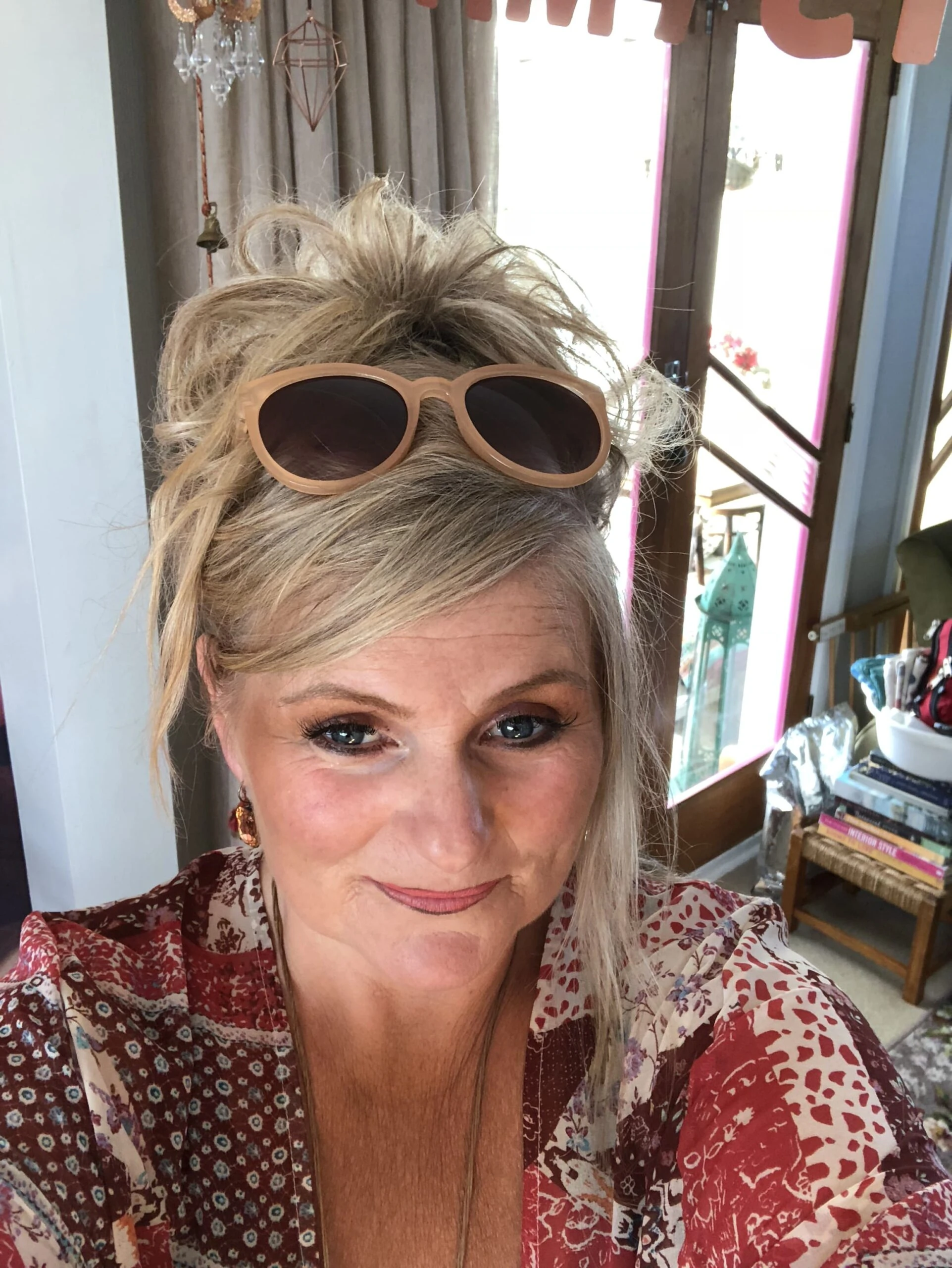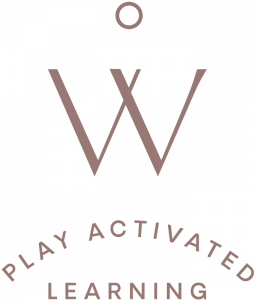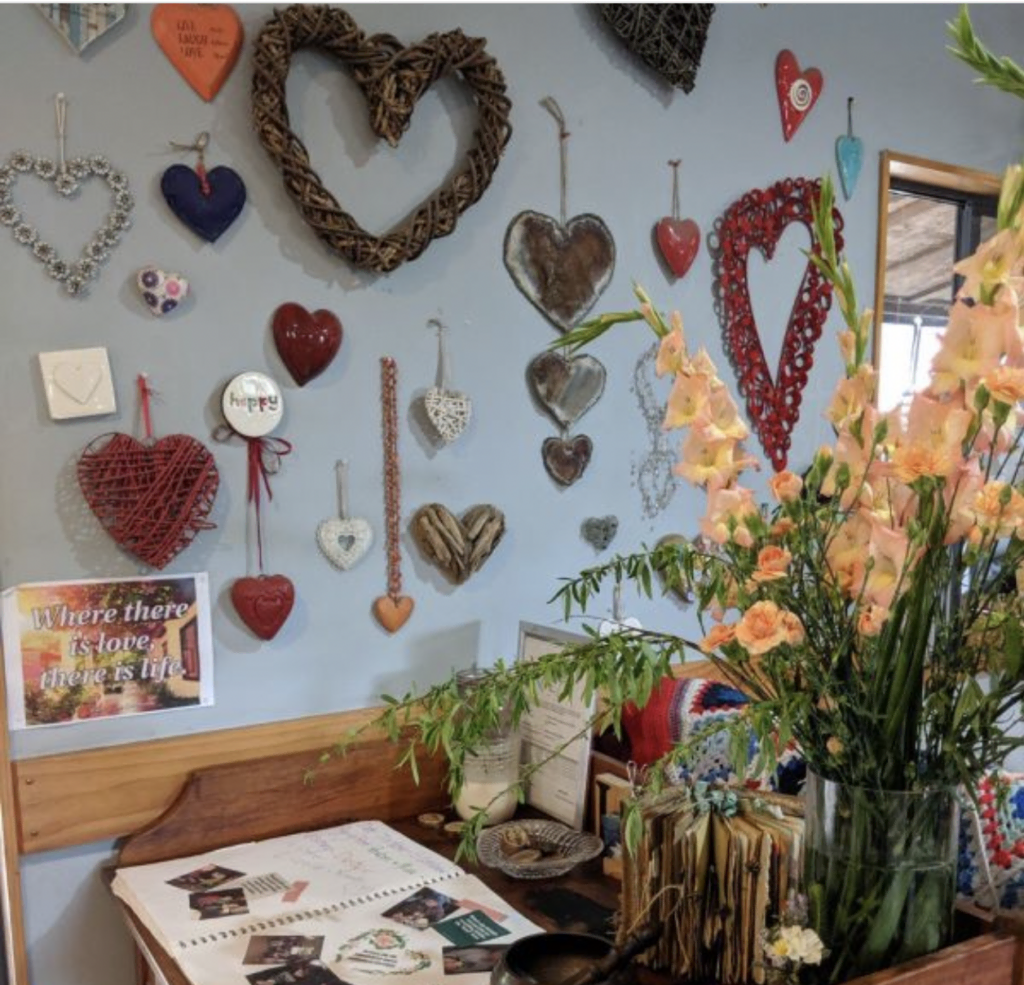
Heart-centred educators lead with heart and from heart. Our heart is the compass that guides us. This ‘plays out’ differently than when it all comes from our head.
We miss cues when we are in our head.
We read cues when we are in our heart.
We ‘miss the moment‘ when we are not grounded.
We respond with love when we are present.
Children aren’t just ‘spending days’ with us, but are living their little lives with us!
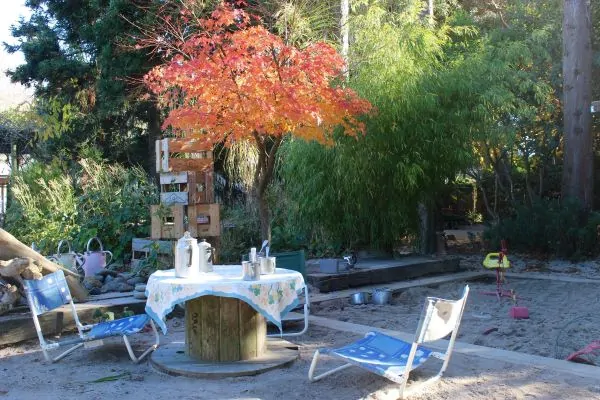
These earliest years are built into who they are, how they see themselves and how they will treat others. We can lay a foundation of love IF we use the real ‘tool of our trade’: our open, loving and caring heart.
Our culture is one that focuses so often on the tangible, the ‘seen’. But to be heart-centred is about more than what we see. It is about a feeling – how our people, place and practices make young children feel. A reciprocal relationship is built on TRUST – it is not always what is seen, but what is felt from the heart.
We teach who we are. My own aha moment came in Budapest when Anna Tardos said, “It is not just about technique BUT HOW I am with myself”. So we have to focus less on what we ‘do’, and more on who and how we are for, and with, our children. This is what they ‘download’. Not just our words, but our whole vibe. Our state, our own emotional well-being, and whether we are being our own authentic selves (children don’t miss a beat).
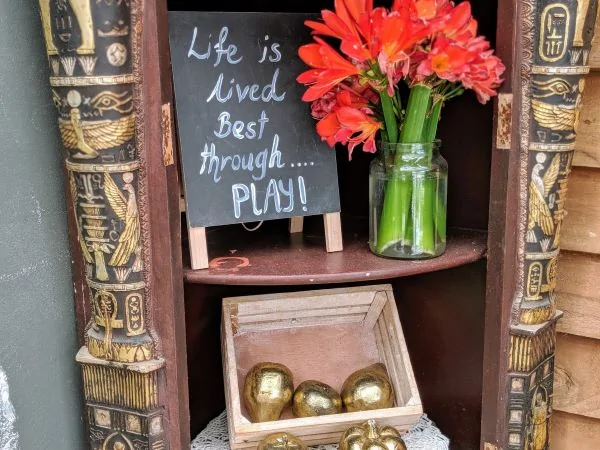
To be ourselves, we have to know ourselves, and this isn’t always covered in our training. We can have every skill in the book but the MOST critical of all when being with children is the skill of self awareness. Children need to experience adults who have a strong sense of self, not just strong ‘head qualifications’ but also heart ones. Being skilled in kindness, realness, our own emotional literacy, and knowing and shining our own ‘light’. (Only then can we truly help children see and shine their own light and recognise the light of others).
Beautiful environments are important. Surrounded in beauty, the soul grows. But, beauty is more than the physical – and that’s the true heart-centred difference: that everything we offer children is care-fully attended to, and elevated above the ordinary. The relationships are warm and responsive, the rituals are gorgeous and enriching, and the rhythms of the day, week and year are nourishing (spot the 3Rs of heart-centred teaching ❤️).
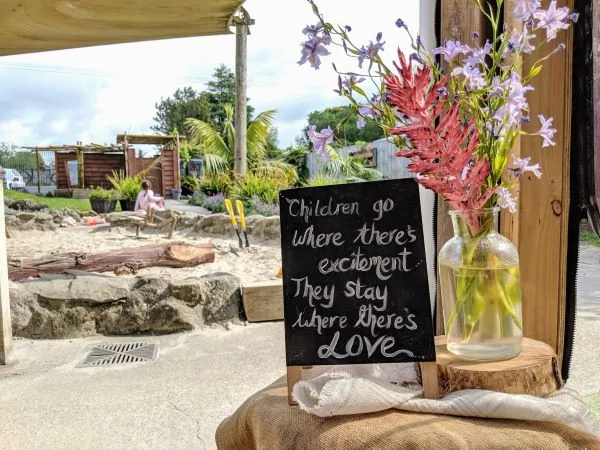
None of these happen by chance. Our beliefs drive our practice and our practice is a reflection of our beliefs. We have to intentionally build and lovingly maintain the seen and unseen parts of our settings. Pour our energy into preparation, and put love into the little details. Making sure they are places children want to stay in, and want to PLAY in. Ones that respond to their biological imperatives, and deep need for connection. The ‘work’ is worth-it-work as it all leads to exactly what we’d wish for young children spending hours and hours in our care: emotional safety. (A gift that gives them wings)!
Heart-centred teaching puts the child at the centre, but it also puts us, the adult, in the ‘picture’. Because our own well being directly affects how the children feel in our presence. As teachers we give and give and give, but an empty ‘cup’ has nothing to give.
Children need the BEST of us, not what’s left of us.
So, for their sake as well as our own we have to:
Care about ourselves
Understand what we need
Pause, and ponder, to be kind and loving to ourselves.
Imagine the difference for children when the teachers in their lives are “well in their BEING”!
I say, let’s change this planet one loving thought at a time. And let’s change the world for our children, one heart-FULL, loving place at a time. This journey is not for the ‘faint hearted’. It is for the open-hearted. It’s not about one ‘right way’, but about knowing what matters most. Kindness. Care. The heart. It’s a journey for those who are prepared to grab their hand, and place it upon their hearts and say,
“THIS is where I teach from”.
References
Dahlberg, Gunila; Mos, Peter; Pence, Alan (1999). Beyond Quality in Early Childhood Education and Care: Postmodern Perspectives. Falmer Press, Taylor & Francis Inc..
Dombro, Amy Laura; Jablon, Judy; Stetson, Charlotte (2020). Powerful Interactions: How to Connect with Children to Extend Their Learning. The National Association for the Education of Young Children.
Howes, Carollee; Ritchie, Sharon (2002). A Matter Of Trust: Connecting Teachers And Learners In The Early Childhood Classroom. Teachers College Press.
